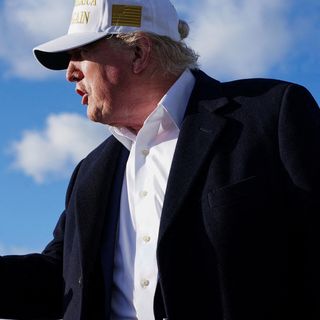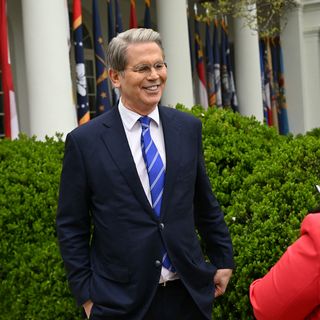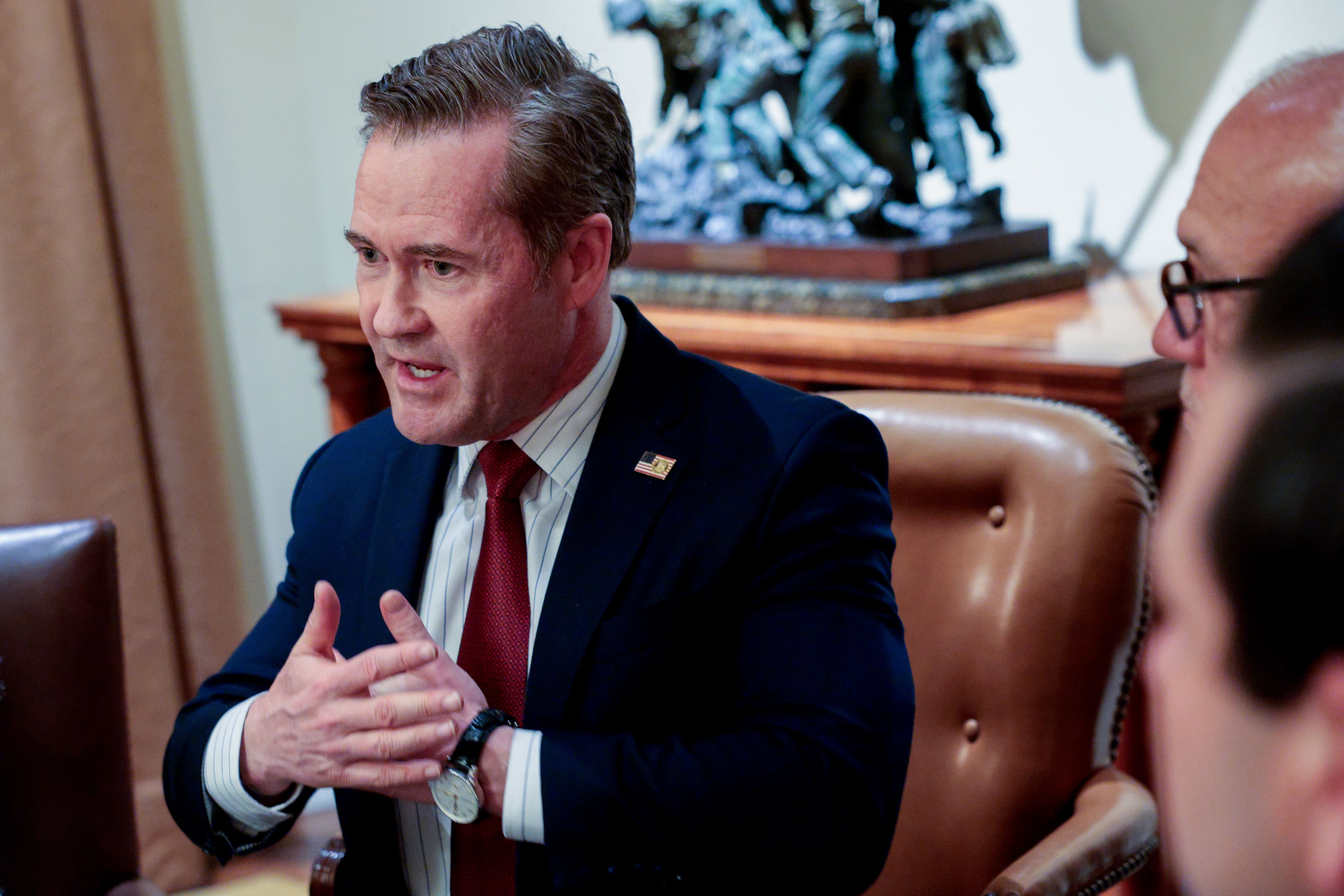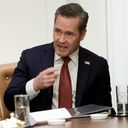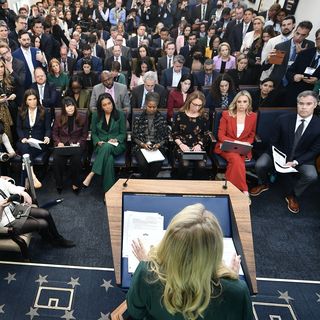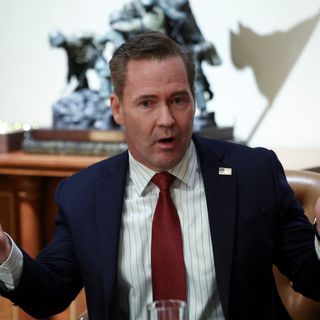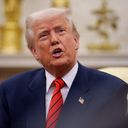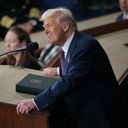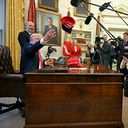Scoop: Walton family launching STEM university in former Walmart headquarters
Two grandsons of Walmart founder Sam Walton plan to launch a private university focused on science and tech, located on the company's old HQ campus near downtown Bentonville, Arkansas.
Why it matters: The future university plans to offer innovative, flexible pathways to jobs in automation, logistics, biotech and computing — fields crucial to Northwest Arkansas' future.
- Building talent in STEM (science, tech, engineering, and math) is a priority for the U.S., China and other countries racing to compete in the global economy.
State of play: Steuart and Tom Walton, grandsons of Sam Walton, are set to announce the school Thursday at the Heartland Summit in Bentonville, an invitation-only gathering of policymakers, entrepreneurs and investors focused on economic development in the middle of the U.S.
- Plans call for the yet-to-be-named STEM-focused higher education institution to be a model of modern, flexible learning, based on the site of the "home office" where the world's largest retailer was built from Sam Walton's five-and-dime.
The inaugural undergraduate class, in coming years, is expected to be roughly 500 students, "growing to about 1,500 undergraduates and 500 non-degree learners over time."
- "The school will offer stackable, flexible credentials aligned with fast-moving, in-demand fields such as computing, technical management, automation and logistics, and biomedical technology," the announcement says.
What they're saying: Steuart Walton, a member of Walmart's board, told Axios in an interview with Axios that higher education "should move at the speed of innovation. This institution will stay agile and grounded, built to meet the world as it changes."
- "We have the opportunity to build a new model of higher education, designed for the realities of today's economy and the challenges of tomorrow, and set a new standard for what's possible," he added in a news release.
- Tom Walton said in the interview: "Our grandad, Sam Walton, built Walmart from Bentonville. There's no reason the next great enterprise can't rise from here, too."
The big picture: The university is the latest in a string of philanthropic work from the Waltons that continues transforming this town of about 60,000 people and the larger Northwest Arkansas region of nearly 600,000 into a regional powerhouse.
- In the past 20 years family members have invested in world-class art museums, a medical school and holistic wellness, as well as trails, public art and other civic-oriented development. All have been economic engines for Arkansas.
Flashback: Walmart's original home office campus is being vacated in phases as nearly 15,000 employees populate a new flagship 350-acre campus across town.
- Steuart and Tom Walton said in 2022 they would buy the old HQ and surrounding parcels for about $60 million.
- A mixed-use development, which would include the new university, is now planned at the site.
The grandsons acquired nearly 3,000 acres of mostly undeveloped land in nearby Bella Vista last year. They've not announced plans for the parcels but said they would be centered on outdoor recreation, hospitality and retail development.
- The Alice L. Walton Foundation bought 100 acres in Bentonville for a future health care campus earlier this year.


